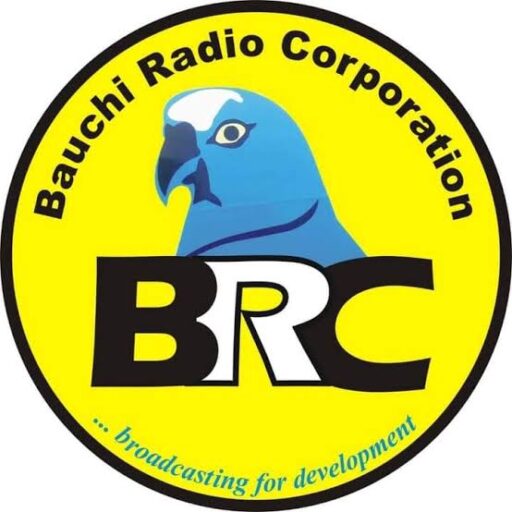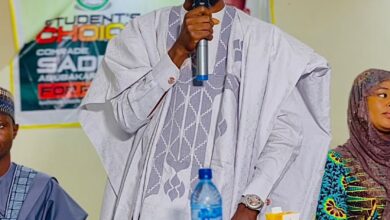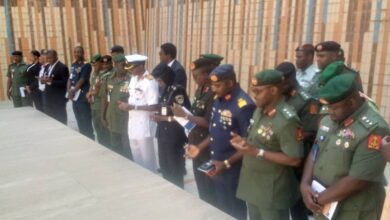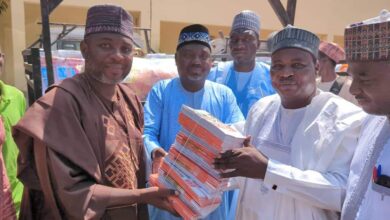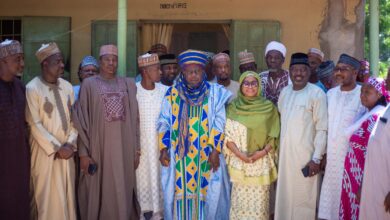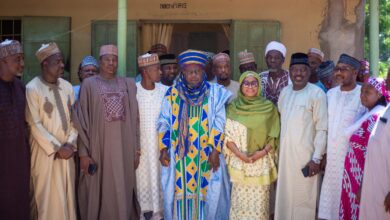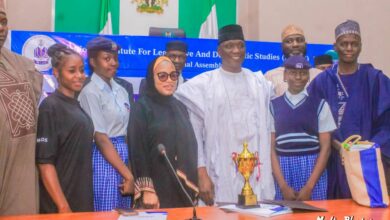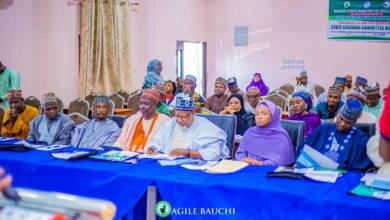STAKEHOLDERS WORKING ON PROMOTING GIRL CHILD EDUCATION IN BAUCHI STATE ADVOCATE THE NEED FOR. BUILDING COMMUNITY STRUCTURE FOR EFFECTIVE SERVICE DELIVERY.

BY MAISAJE MAMUDA WAKILI:
Stakeholders working on promoting Girl Child Education in Bauchi State have advocated the need to build community structures to ensure citizen oversight on government spending as regards education infrastructure and service delivery.
The Programme Manager Connected Development CODE’s Girl Child Education Project Hyeladzira James Mshelia made the call at a the opening of a two day training programme for MDAs and other stakeholders under the education sector in Bauchi.
The project being implemented in four focus Local Government Aress of Alkaleri, Bauchi, Ningi and Zaki aims to ensure transparency and accountability in budget spending in the education sector.
Miss Hyeladzira Mshelia said community involvement in all aspects of educational delivery especially as it relates to spendings on infrastructure is paramount, hence the resolve to train the stakeholders for better results.
She said other areas of focus under the project is to ensure that the state education account is gender responsive especially for girls between the ages of twelve to eighteen for improved access, enrolment, retention, completion and transition.
In a presentation on Evaluating Transparency and Accountability Mechanisms for Education outcomes in Bauchi, the Data Analyst of the Project Muhammad Gimba listed some of the barriers hindering the reduction in Out of School Children to include poverty, attacks on schools, Social and gender norms as well as underfunding and oversights.
Muhammad Gimba who acknowledged the strides in education in Bauchi State especially the increase in budgetary provision, reduction from one point five million to five hundred thousand among others, said more needs to be done to close the existing gap as it relates to gender responsiveness, transparency and accountability.
Connected Development CODE with support from Malala Fund is currently implementing a three year project on Girl Child Education for girls between the ages of twelve to eighteen in thirty six states of the federation and the FCT.
Participants were drawn from the four focus Local Government Areas and relevant government agencies to include Ministry of Education, Ministry of Information and Communication, SUBEB and th Agency for Mass Education among others.
